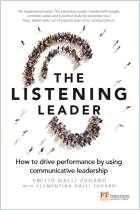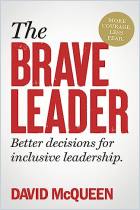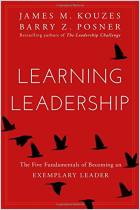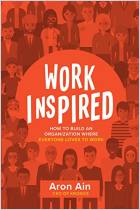This self-help guide to a successful transition from individual contributor to leader offers proven practices any new manager can adopt. Drawing on years of experience as a leadership coach and positive psychologist, Lucy Ryan teaches how to let go of habits that no longer serve you, create accountable teams and generate a sense of belonging. She offers a manual for leading through care, optimism, empathy and self-awareness. Ryan’s well-referenced advice offers applicable guidance for all newly appointed managers and supervisors.
Learning leaders are vulnerable, inquisitive, open-minded, hands-on and reflective.
Leadership doesn’t demand superhuman abilities or having all the answers. You succeed as a leader by taking care of yourself – your happiness and engagement – first. Then, develop and empower your teams by creating an environment conducive to personal accountability.
This path builds your confidence and preserves your energy. Leaders who thrive in volatile and uncertain conditions tend to possess five qualities: They express vulnerability; exhibit a growth mind-set; stay curious and ask questions; remain action-oriented; and take time to reflect.
Move fluidly between your new roles as leader, manager and coach.
Your natural instinct will be to keep doing what you’re already good at – your technical competencies – when you should focus on honing leadership, management and coaching skills. Expand your broader knowledge of the organization, and find a mentor. Develop a new personal vision by keeping track of the skills you develop, aspects of your new role that excite you and what holds you back. Read more broadly, take...




















Comment on this summary